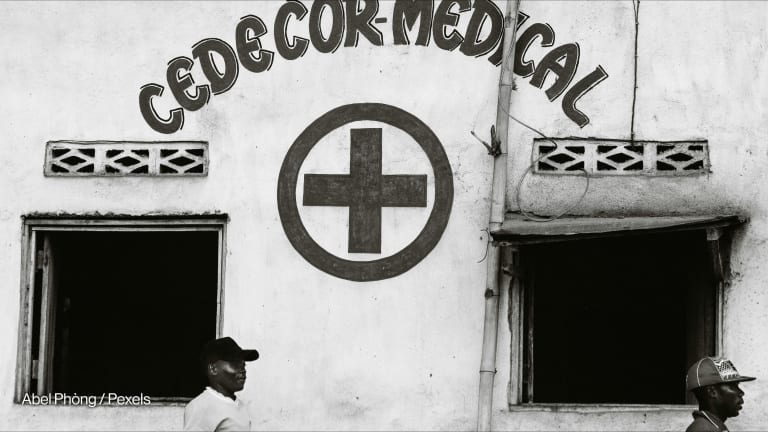
Noncommunicable diseases, or NCDs — including heart disease, stroke, cancer, diabetes, and chronic lung disease — are responsible for 41 million deaths each year. As populations grow and age, the burden of these diseases continues to rise.
Beyond their toll on human life, NCDs significantly undermine economic development, costing the global economy over $2 trillion a year. The economic impacts are especially severe in low- and middle-income countries, where 77% of all NCD-related deaths occur.
Up to 80% of NCDs are preventable through proven, cost-effective measures such as healthier diets, increased physical activity, and tobacco and alcohol control. But progress is being held back by a chronic lack of funding: NCDs receive just 1% to 2% of global health spending — a figure that has barely changed in two decades.
In this visual explainer, Devex highlights some of the most striking — and often overlooked — facts about the global NCD crisis, and why investing in NCD prevention is key to building a healthier, more equitable future.
Visit Accelerating Action — a series highlighting pathways for funding NCD prevention and control, spotlighting innovative financing models and cross-sector collaborations.
This content is produced in partnership as part of our Accelerating Action series. To learn more about this series, click here.









